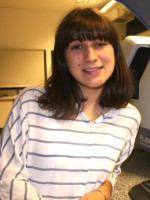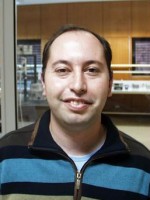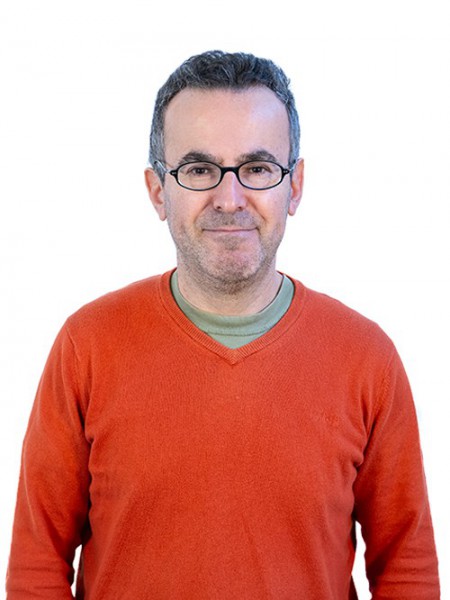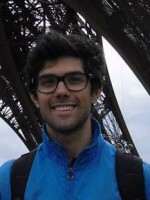resumo
The development of portable low-cost integrated optics-based biosensors for photonics-on-a-chip devices for real-time diagnosis are of great interest, offering significant advantages over current analytical methods. We report the fabrication and characterization of an optical sensor based on a Mach-Zehnder interferometer to monitor the growing concentration of bacteria in a liquid medium. The device pattern was imprinted on transparent self-patternable organic-inorganic di-ureasil hybrid films by direct UV-laser, reducing the complexity and cost production compared with lithographic techniques or three-dimensional (3D) patterning using femtosecond lasers. The sensor performance was evaluated using, as an illustrative example, E. coli cell growth in an aqueous medium. The measured sensitivity (2 x 10(-4) RIU) and limit of detection (LOD = 2 x 10(-4)) are among the best values known for low-refractive index contrast sensors. Furthermore, the di-ureasil hybrid used to produce this biosensor has additional advantages, such as mechanical flexibility, thermal stability, and low insertion losses due to fiber-device refractive index mismatch (similar to 1.49). Therefore, the proposed sensor constitutes a direct, compact, fast, and cost-effective solution for monitoring the concentration of lived-cells.
palavras-chave
ESCHERICHIA-COLI; REFRACTIVE-INDEX; LABEL-FREE; FIBER TECHNOLOGY; BACTERIAL-GROWTH; PERSPECTIVE; PERFORMANCE; CELL
categoria
Chemistry; Electrochemistry; Instruments & Instrumentation
autores
Bastos, AR; Vicente, CMS; Oliveira-Silva, R; Silva, NJO; Tacao, M; da Costa, JP; Lima, M; Andre, PS; Ferreira, RAS
nossos autores
agradecimentos
The authors would like to thank the Portuguese funds through FCT-Fundacao para a Ciencia e a Tecnologia, for financially supporting this research under the scope of IT (UID/EEA/50008/2013) and CICECO-Aveiro Institute of Materials, POCI-01-0145-FEDER-007679 (FCT Ref. UID/CTM/50011/2013), financed by national funds through the FCT/MEC and when appropriate co-financed by FEDER under the PT2020 Partnership Agreement. Carlos M.S. Vicente and A.R.N. Bastos acknowledge FCT for the grants SFRH/BPD/87473/2012 and PD/BD/105859/2014 (MAP-TELE), respectively. A.R.N. Bastos also acknowledges Fundacao Calouste Gulbenkian for the "Premio de Estimulo a Investigacao 2015" (Proco 141767).






